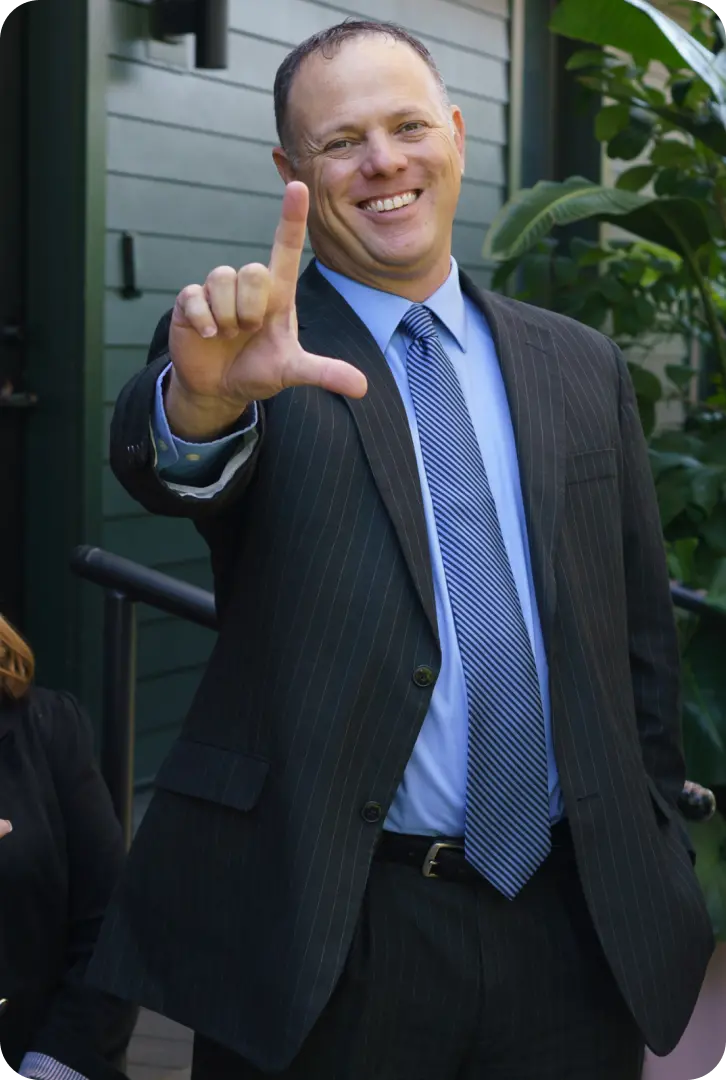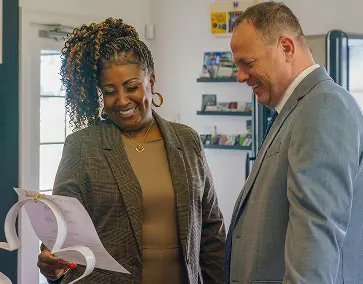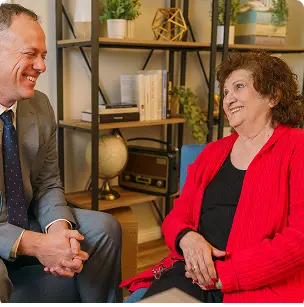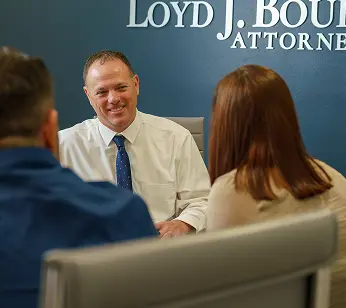
Recently as Louisiana car accident lawyers, we have been seeing these offers more and more. The insurance quickly offers a low settlement of a few thousand dollars, but assures you they will also cover any medical treatment you may need in the next year.
These offers can look simple and fast, but they often shift risk to you. If someone is pushing you to settle right away, ask why. Consider whose interests are served by a quick deal.
Should I Accept a Quick Settlement That Also Covers One Year’s Medical Bills?
Only if you’ve reached Maximum Medical Improvement (MMI) and future costs are minimal. These settlements often waive your right to future claims, and insurers decide what’s “necessary.” Have an attorney review the offer before signing to protect your long-term interests.


We GET IT DONE
Clients trust us to handle their case properly and effectively
FREE Confidential Case Review (985) 240-9773What Does a One-Year Medical Payments Settlement Really Mean?
Many offers promise to pay for accident-related care for 12 months after you sign. It sounds safe, but you now have an insurance company deciding if your care was “needed,” “appropriate,” or related to your accident. If they say no, you may be stuck, even if your doctor ordered the treatment.


We DO THE RIGHT THING
The correct choice – always – is to do the right thing.
FREE Confidential Case Review (985) 240-9773Why Should You Think Twice About a One-Year Settlement?
- Your Treatment Might Not Be Finished: You could need more doctor visits, therapy, or even surgery after the first year, and those costs would be on you.
- It’s Hard to Know Future Costs: Until your doctor says you’ve healed as much as possible, no one can say for sure how much care you’ll need down the road.
- You Give Up Future Rights: Once you sign, your case is closed. If your condition gets worse, you cannot go back and ask for more money.
- The Insurance Company Calls the Shots: They decide if your treatment is “needed” or related to the accident. If they say no, you may be stuck with the bill.
- It’s a Money-Saving Move for Them: A quick settlement helps the insurance company, not you. They are trying to limit what they pay in the future.


We ARE TRANSPARENT
We don’t play games and we don’t hide the ball.
FREE Confidential Case Review (985) 240-9773What Happens If the Insurer Refuses to Pay After You Signed?
Once the settlement is final, your options are limited. You may:
- Appeal the denial under the settlement language or policy rules, if the agreement allows it.
- Seek enforcement of the agreement if they promised to pay for certain care and did not follow the written terms.
- Use health insurance as backup, knowing your health plan may seek reimbursement from your settlement.
If the settlement release is broad, you likely cannot claim more money for pain and suffering, lost wages, or new treatment needs. This is why it is so important to get the terms right before you sign.


We ARE COMPASSIONATE
Emotionally intelligent listeners with positive attitudes.
FREE Confidential Case Review (985) 240-9773When Could a One-Year Settlement Be Okay?
- You completed treatment.
- Your doctor says you reached MMI, and your future needs are minimal and predictable.
- The written terms clearly define what will be paid, who decides medical necessity, how you appeal denials, and how fast bills are paid.
- The total money for all damages, not just medical bills, is fair.
What Should You Do Instead of Rushing to Settle?
- Talk with LJBLegal First: Our team reviews your records, the offer, and the release to protect your rights. Start a free case review.
- Reach MMI or Get a Reliable Plan: Ask your doctor for a treatment plan and cost estimate. Serious cases may need a life-care plan.
- Document Everything: Keep bills, EOBs, mileage, pharmacy receipts, and notes on symptoms and work limits.
- Negotiate for Full Coverage: We can seek a lump sum that covers future care, or a structured plan with clear payment rules and appeal rights. Learn more about how to negotiate a personal injury claim in Louisiana.
Checklist Before You Accept a One-Year Medical Payments Deal
- Have you reached Maximum Medical Improvement (MMI), or do you have a clear long-term plan from your doctor?
- Does the agreement define “medically necessary,” who decides, and how you appeal denials?
- Does it cover all damages, including pain, lost wages, and future care, not just bills for 12 months?
- Did a Louisiana personal injury lawyer review the release language?
Frequently Asked Questions
- What Is Maximum Medical Improvement, or MMI?
- MMI is the point where your condition is stable. You may still need care, but your doctor can predict your future needs with more accuracy.
- Why Do Quick Settlements Put Me at Risk?
- They end your claim before you know the full cost. You also hand the insurer power to judge if care is “needed” or related to the crash.
- Can I Change My Mind After I Sign?
- Usually no. A signed release is final in Louisiana. Get legal advice before you agree.
- What If I Cannot Wait for Treatment?
- We can look for options, like using health insurance, letters of protection with your doctor, or other solutions while we build the full value of your case.
- Will This Delay My Whole Case?
- Not always. Many claims settle without filing suit. If court becomes necessary, you will want a team ready to fight for you.
How Does LJBLegal Help Louisiana Families?
You need a team that listens, builds your case the right way, and is ready to take it as far as needed. LJBLegal works with your doctors and, when helpful, outside experts to make sure the settlement reflects real future costs. This approach helps clients avoid underpayment and feel cared for through the process.
What Are the Next Steps?
Before you accept a one-year medical payments settlement, let us review the offer and your medical picture. A short call can prevent long-term problems.
Speak with LJBLegal at 985-240-9773 about your settlement offer today. No pressure, just clear answers.















